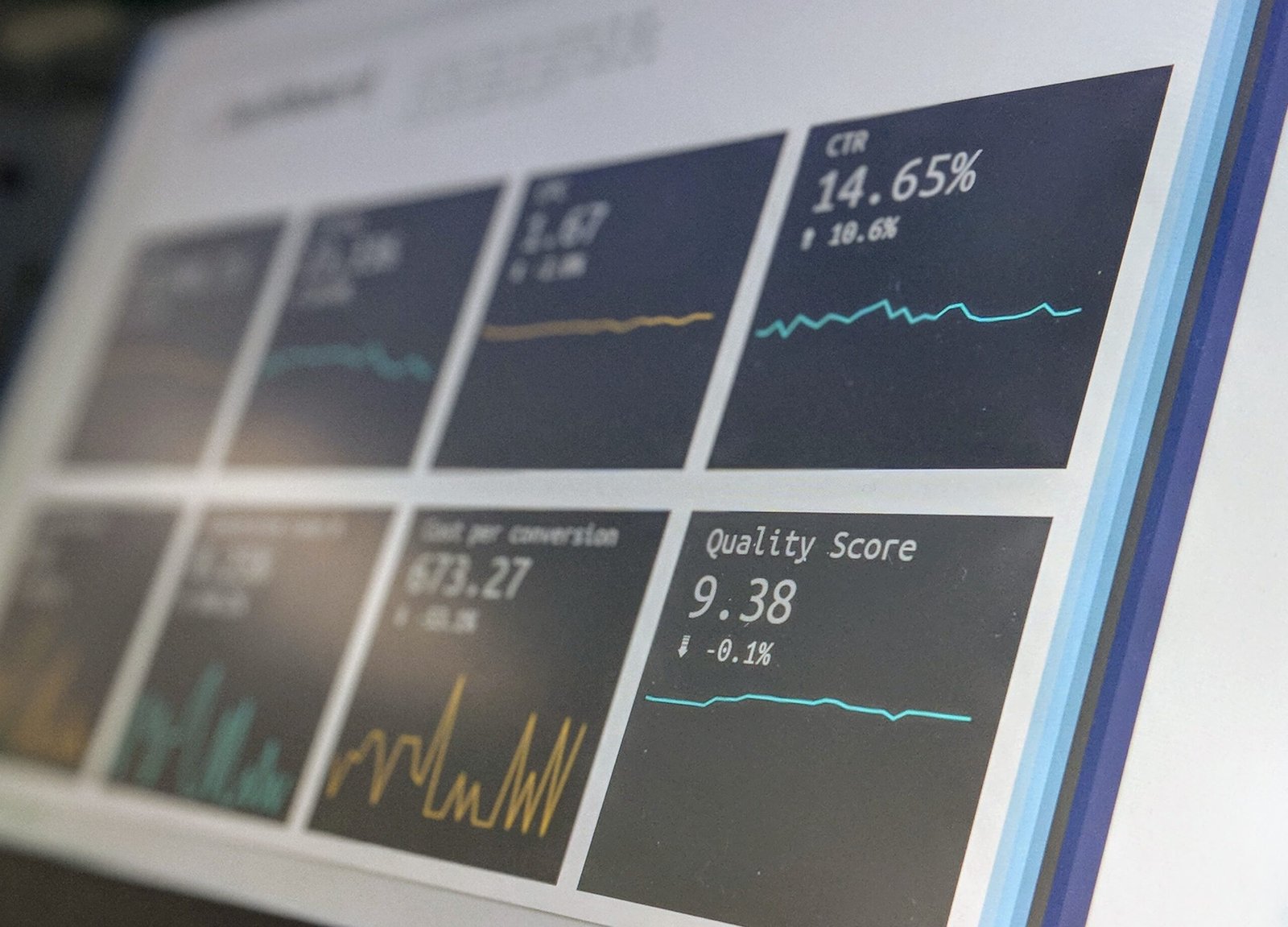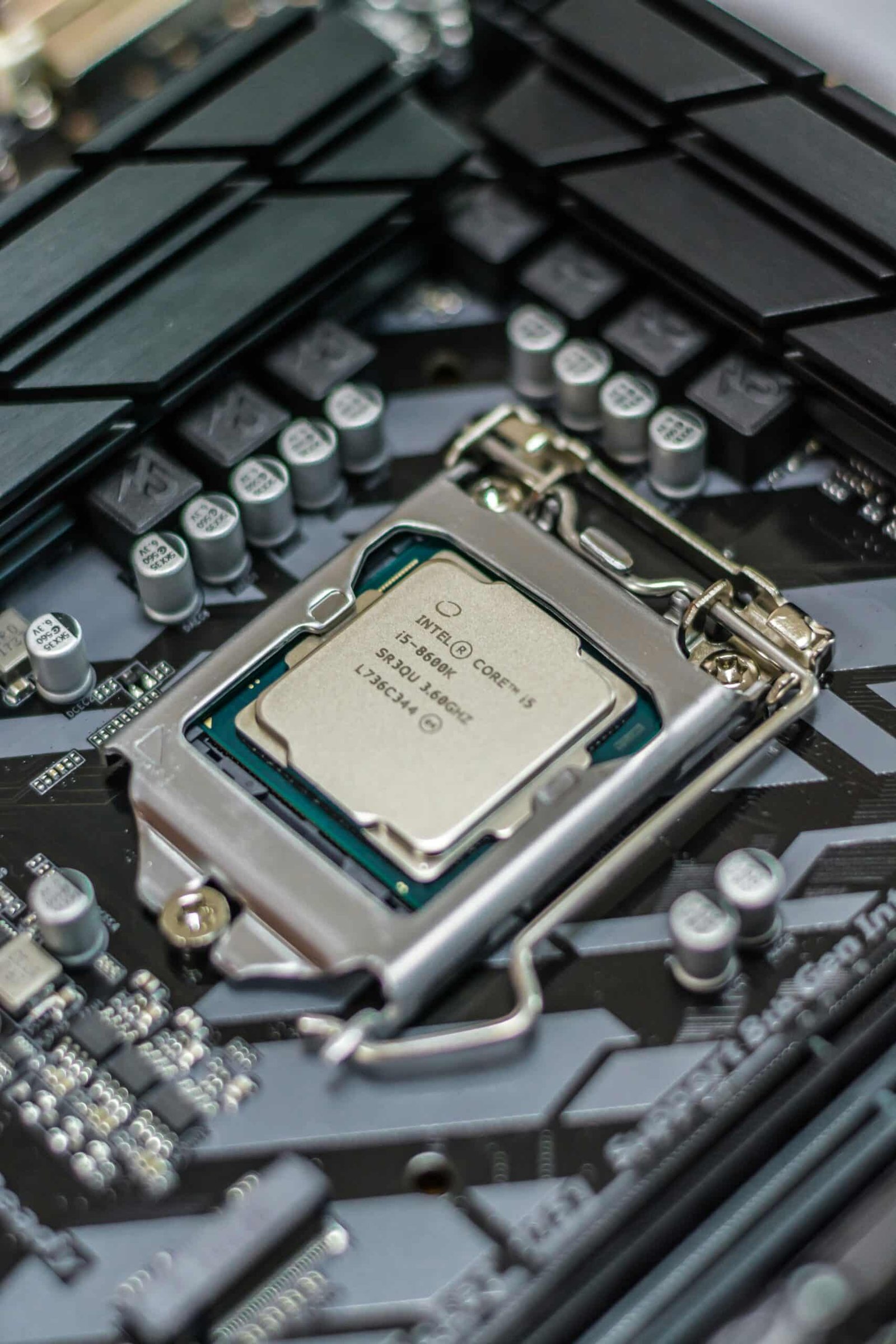US Steel | Introduction
In today’s dynamic global economic scenario, the recent U.S. Steel-Japan acquisition led by the Biden administration has become a focal point, generating waves in financial markets and geopolitical discussions. This article aims to provide an insightful analysis, catering to the needs of businesses, investors, and policymakers seeking to comprehend the intricacies of this significant event.
Unveiling the Strategic Vision
Decision-Making Process
The Biden administration’s approval of the U.S. Steel-Japan acquisition extends beyond a mere transaction; it reflects a strategic move with a carefully crafted vision. Understanding the decision-making process sheds light on the motives and considerations that propelled this bold initiative.
Core Motivations behind the Acquisition
Delving into the heart of the matter, we uncover the core motivations driving this strategic move. Examining the factors that influenced the decision provides a comprehensive understanding of how the U.S. aims to consolidate its steel industry and strengthen international trade relations.
Blueprint for Economic Resilience and Global Influence
This section explores the blueprint behind the decision, revealing how the U.S. positions itself for economic resilience and enhanced global influence. An in-depth analysis unveils the strategic foresight employed to navigate the complexities of the international economic landscape.
Analyzing the Economic Implications
Strengthening Domestic Steel Production
The U.S. Steel-Japan acquisition propels the nation into a position of prominence in the global steel market. With an augmented production capacity, the U.S. gains a competitive advantage, reducing reliance on imports and fostering growth in the domestic steel sector.
Impact on Employment Rates
A surge in steel production is not just about economic gains but also about job creation. Our analysis establishes a positive correlation between increased steel manufacturing and rising employment rates, contributing significantly to broader economic recovery efforts.
Navigating the Geopolitical Landscape
Strengthening Alliances
Beyond economic considerations, the U.S. Steel-Japan deal serves as a strategic diplomatic move. Aligning with Japan, the Biden administration aims to strengthen alliances in the Indo-Pacific region, addressing geopolitical challenges and promoting stability.
Implications for Global Trade Dynamics
This alliance reshapes the dynamics of global trade, positioning the U.S. as a key player in shaping trade policies and exerting influence on a global scale. Insights into the intricate web of international commerce highlight the profound impact of this strategic acquisition.
Key Takeaways for Investors
Opportunities in Steel Stocks
Investors seeking lucrative opportunities should focus on the steel sector. Our analysis indicates a potential surge in the stock values of U.S. steel companies, presenting a compelling investment avenue for those eyeing substantial returns.
Diversification Strategies
As the U.S. solidifies its position in the global steel market, smart investors should consider diversifying their portfolios. Recommendations from financial experts advocate exploring sectors closely tied to steel, anticipating a ripple effect that could yield substantial gains.
Conclusion
In the grand tapestry of economic and geopolitical maneuvers, the U.S. Steel-Japan acquisition orchestrated by the Biden administration emerges as a defining moment. Grasping the strategic vision, economic implications, and geopolitical nuances, stakeholders can position themselves to thrive in the evolving landscape of international trade and diplomacy.
The Japanese company, known as Nippon Steel, is one of the largest steel producers in the world. It recently announced its intention to acquire U.S. Steel, a major American steel manufacturer. This bid has sparked a heated debate about the future of the U.S. steel industry and the role of foreign investment.
President Biden has made revitalizing American manufacturing a key pillar of his economic agenda. He has emphasized the need to invest in domestic industries and create good-paying jobs for American workers. However, the Nippon Steel bid has put his industrial policy to the test.
Supporters of the bid argue that foreign investment can bring much-needed capital and expertise to the U.S. steel industry. They believe that Japanese ownership could lead to modernization and innovation, ultimately making U.S. Steel more competitive in the global market. These supporters argue that the acquisition could result in job growth and economic benefits for American workers.
On the other hand, critics of the bid express concerns about the potential loss of American jobs and the impact on national security. They worry that foreign ownership of a major U.S. steel producer could lead to the outsourcing of jobs and a decline in domestic production. Critics also raise concerns about the reliance on foreign companies for critical infrastructure, such as steel, which is essential for national defense.
The outcome of this bid will have significant implications for President Biden’s industrial policy. If the acquisition is approved, it could signal a more open approach to foreign investment and a willingness to embrace globalization. However, if the bid is rejected, it would send a message that the administration is committed to protecting American industries and jobs, even at the expense of potential economic benefits.
It is important to note that this bid is not an isolated incident. Foreign investment in U.S. industries has been a contentious issue for many years. Previous administrations have grappled with similar challenges, balancing the need for economic growth and job creation with concerns about national security and the protection of domestic industries.
President Biden has the difficult task of finding the right balance in his industrial policy. He must navigate the complexities of a globalized economy while ensuring that American workers and industries are not left behind. The outcome of the Nippon Steel bid will provide valuable insight into the administration’s approach to these challenges.
As the debate continues, it is clear that there are no easy answers. The future of the U.S. steel industry and the broader industrial policy will depend on careful consideration of the economic, social, and national security implications of foreign investment. President Biden’s decision on the Nippon Steel bid will be a defining moment in his presidency and will shape the trajectory of American industries for years to come.
Click Here to Read More Articles: truereviewmagazine.com










